- Arakan residents call for air raid warning systems amid surge in junta airstrikes
- Arakan’s Breathing Space (or) Mizoram–Arakan Trade and Business
- Death toll rises to 18 after junta airstrike on Ponnagyun village market
- Regime arrests dozens of Muslims in Sittwe over alleged Arakan Army links
- Over 200 IDPs in Ponnagyun struggle without shelter, food aid
Medicine shortages take toll on rural Arakan State
As healthcare workers working in remote areas are fleeing to safety due to fighting between the military regime and Arakkha Army (AA), local residents face an increasingly dire health emergency.
17 Jul 2024
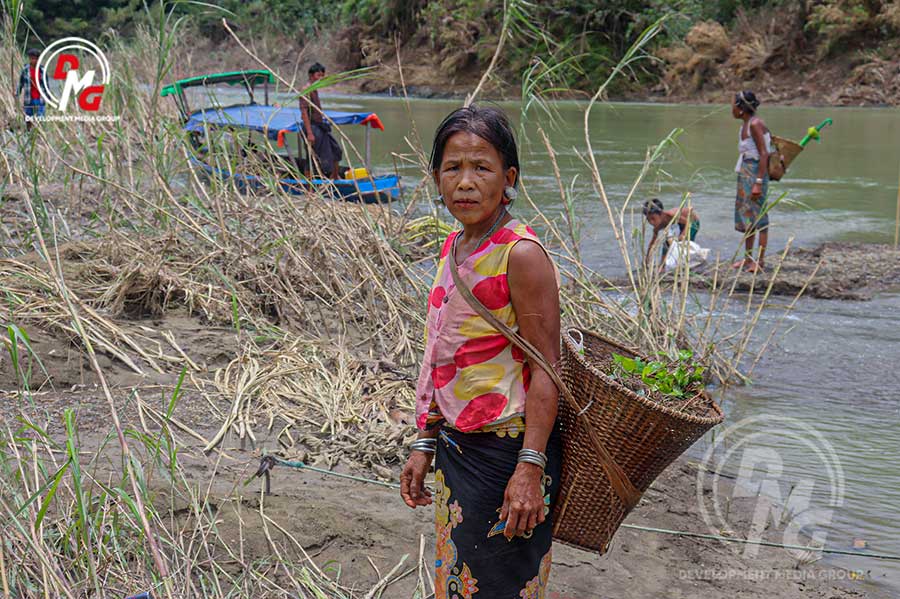
DMG Newsroom
17 July 2024, Sittwe
Residents in remote parts of Arakan State have lost access to healthcare services and are facing serious shortages of medicines due to ongoing junta blockades.
As healthcare workers working in remote areas are fleeing to safety due to fighting between the military regime and Arakkha Army (AA), local residents face an increasingly dire health emergency.
“There was [previously] a midwife in the village. Now, if we are sick, we have to go to another village to receive medical treatment. It is very costly,” said a resident of Konchaung Village in the upper reaches of the Laymyo River in Mrauk-U Township.
During the rainy season, the incidence of malaria, influenza, typhoid, whooping cough and dysentery increases in rural areas, there are effectively no healthcare services, and residents face shortages of medicine.
Even if local residents go to areas where hospitals are located to receive medical treatment, they are treated only with traditional medicine due to the travel restrictions and financial difficulties.
“If you are sick, it is not easy to go to the clinic. Locals rely on traditional medicine if something is wrong with their health. For emergency patients, it is very worrying,” said a resident of Tinma Village in the upper reaches of the Kaladan River.
Many healthcare workers in Arakan State have fled to Yangon and Mandalay due to the military conflict, while some of the remaining workers are working in AA-controlled areas. Difficulties in providing healthcare are particularly acute in remote areas due to lack of staff.
“We cannot buy medicine easily even if we are sick. It is not easy for us to go from one place to another. We are in crisis; if we don’t receive medical treatment in time, we will lose our lives,” said a Muslim man from Kyaukphyutaung Village.
As a result of junta blockades in Arakan State, there is a growing shortage of medicine and residents are demanding that any AA-led governing alternative to the regime emphasise health issues.




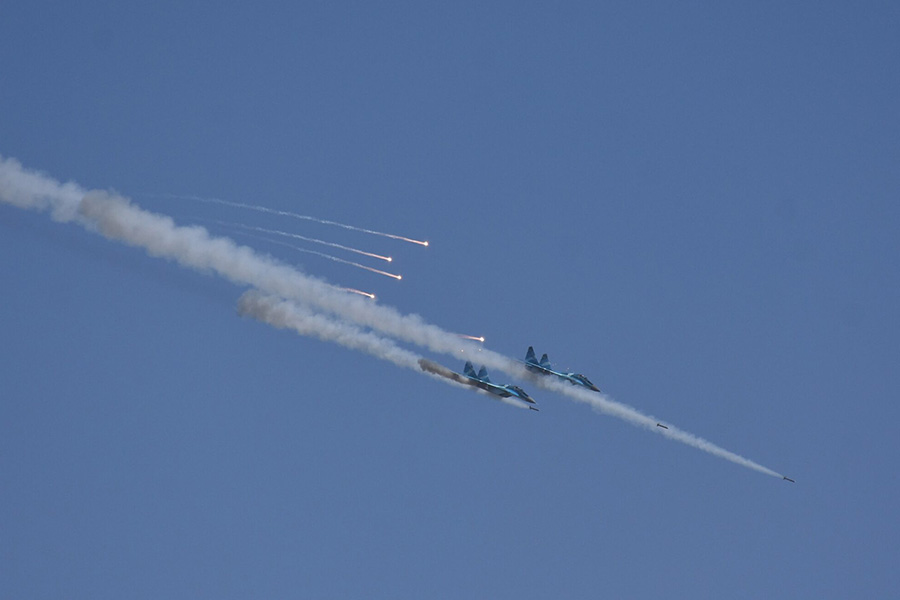
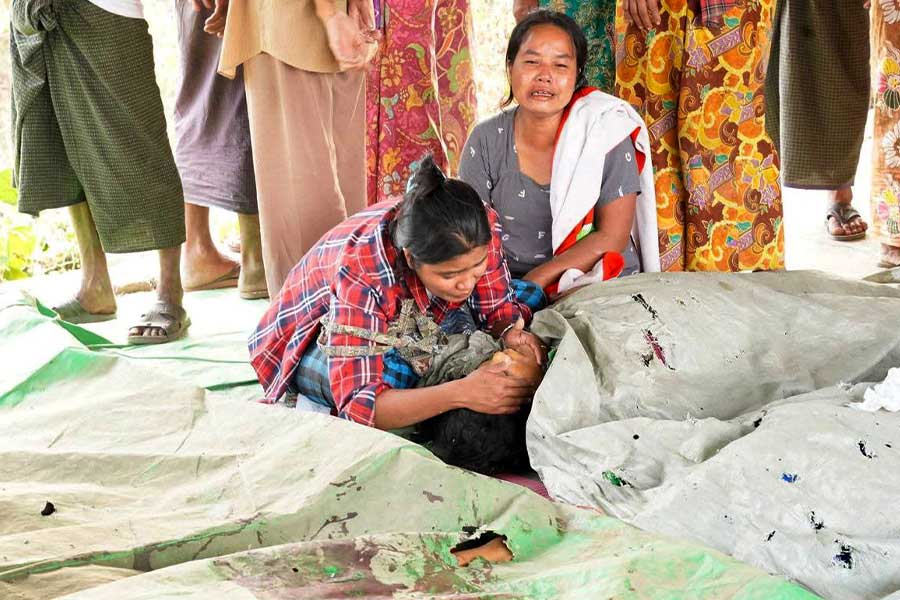
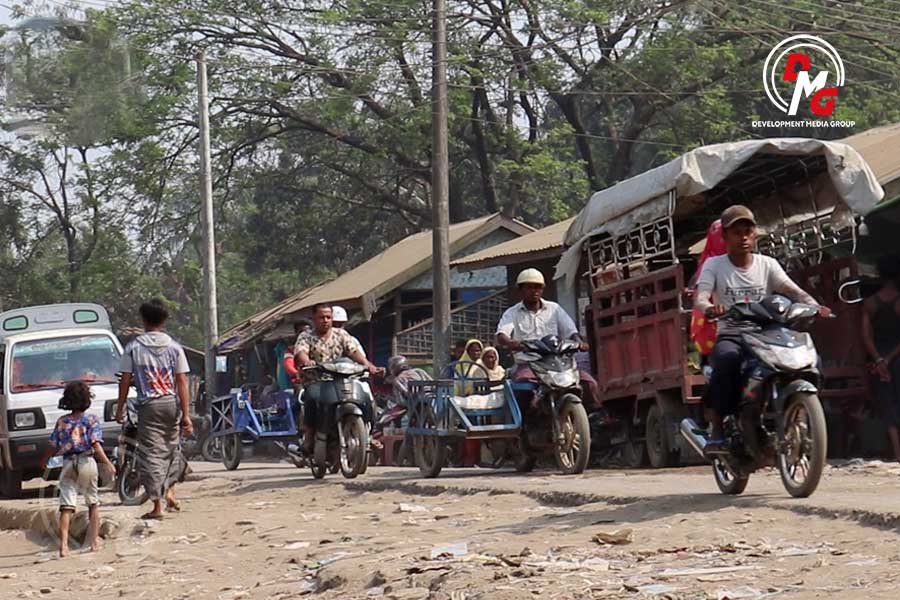
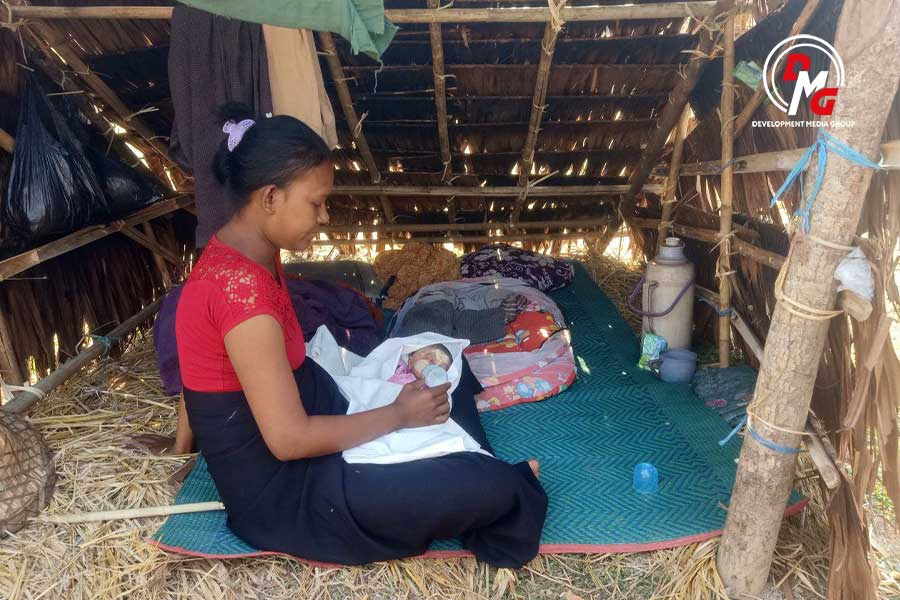
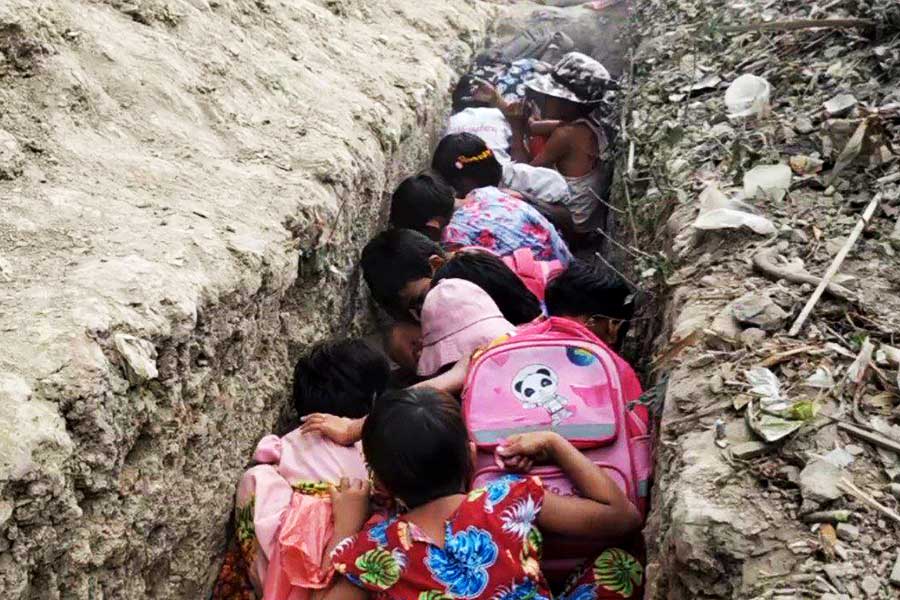








.jpg)